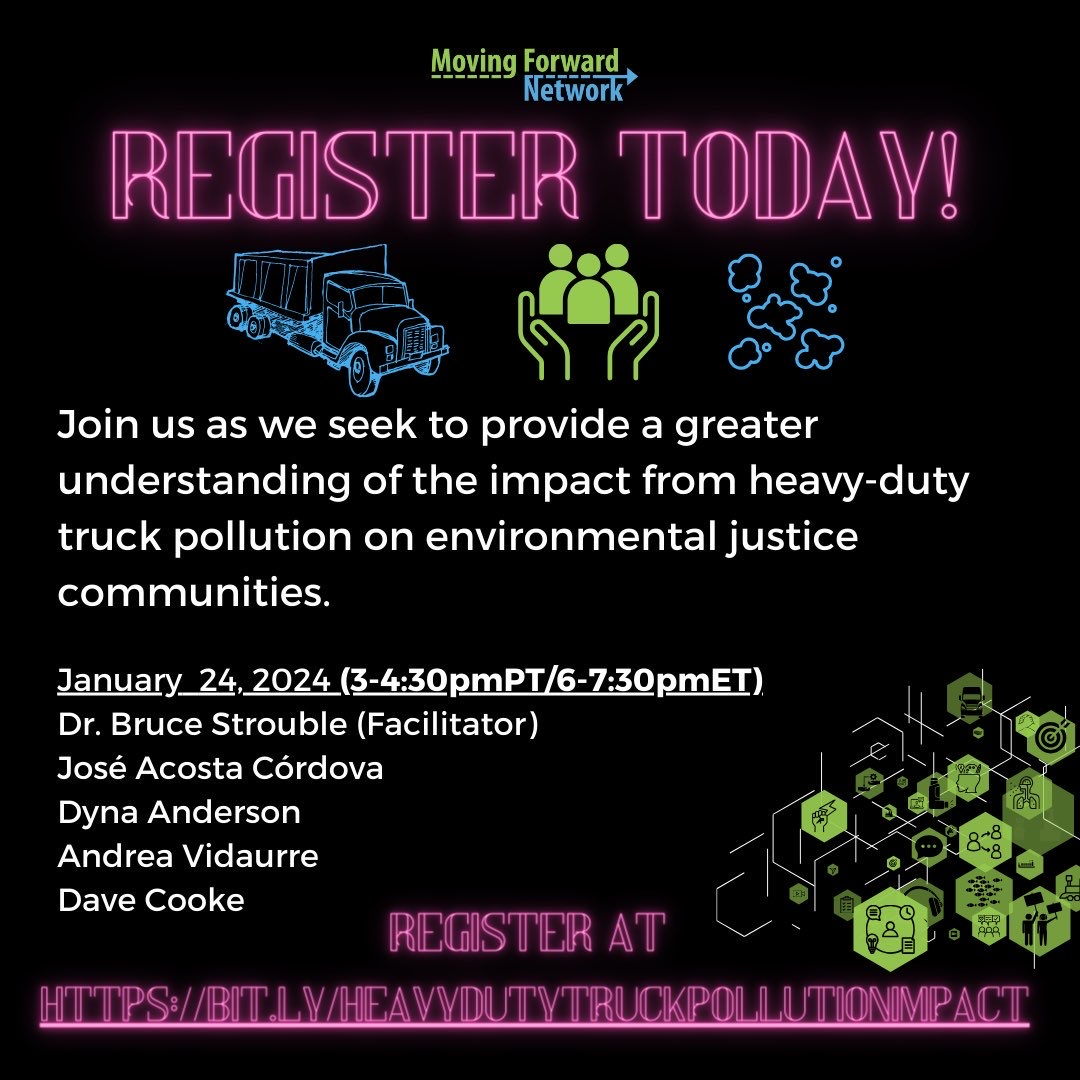Join us as we provide a greater understanding of the impact from heavy-duty truck pollution on environmental justice communities. Alongside the impacts from heavy duty trucks MFN members will present the current draft rules set by the federal EPA and how they are lacking to address the problem as a whole And how we can come together to demand they are strengthened. Register today!
Comments on BPU Charging Infrastructure Straw
Comments on: In The Matter Of Medium And Heavy Duty Electric Vehicle Charging Ecosystem, New Jersey Electric Vehicles Infrastructure Ecosystem 2021 – Medium And heavy Duty Straw Proposal
One of the most important policy recommendations that has been supported by a significant segment of the environmental justice (EJ) advocacy community is that climate change mitigation policy, in addition to fighting climate change, should be used to reduce the disproportionate amount of pollution often found in EJ communities.
In the power generation sector the EJ advocacy community has indicated this means, at least partly, that electricity generating plants located in EJ residential communities should be required to reduce emissions, no matter what type of climate change mitigation program applies to the plants. This policy would guarantee that climate change mitigation policy would deliver critical reductions in locally harmful greenhouse gas co-pollutants to vulnerable and overburdened EJ communities. These reductions would improve the health of residents living in communities affected by plant emissions. The New Jersey EJ Alliance (NJEJA), has called this policy “mandatory emissions reductions for EJ communities through climate change mitigation policy”.
NJEJA is a statewide organization that focuses solely on EJ issues and advocates for policies that will improve the quality of life of low-income communities and communities Of Color, i.e. EJ communities, in New Jersey and across the nation. It is important to note that NJEJA has strongly advocated for the adoption of the mandatory emissions reductions for EJ communities through climate change mitigation policy and opposed New Jersey’s entrance into the Regional Greenhouse Gas Initiative and Transportation and Climate Initiative, in part because they do not guarantee such reductions. A comparable type of mandatory emissions reductions policy that directly and unequivocally improves the health of EJ communities is needed for the transportation sector. The New Jersey Board of Public Utilities’ (NJBPU) Notice, In The Matter Of Medium And Heavy Duty Electric Vehicle Charging Ecosystem, New Jersey Electric Vehicles Infrastructure Ecosystem 2021 – Medium And heavy Duty Straw Proposal (hereinafter referred to as Straw Proposal), provides New Jersey with an opportunity to discuss and make progress on this type of important policy. NJEJA is submitting the following comments in an effort to further that discussion.


